Most Popular in construction services
Explore industrial services
Guides related to industrial service
Leveraging the Platform for Growth & Recruitment:
Two Birds, One Stone: How Investors in Vehicle & Transportation Can Use Our Platform
Recruitment & Staffing:
Find Specialized Talent: Post projects or full-time job listings to find technicians with specific skills (e.g., EV battery repair, truck engine diagnostics, automotive robotics).
Scale Your Workforce Flexibly: Hire for short-term projects (e.g., factory line upgrades) or long-term contracts without the overhead of traditional hiring.
Marketing & Business Development:
Showcase Your Company's Services: If you are a service provider (e.g., a logistics firm with a maintenance team), create a strong company profile. List your services to get hired by other businesses for contract work.
Build a Public Portfolio: Complete projects successfully and gather reviews. Use these as powerful social proof to attract new clients.
Network with the Industry: Connect with manufacturers, parts suppliers, and other service providers for potential partnerships.
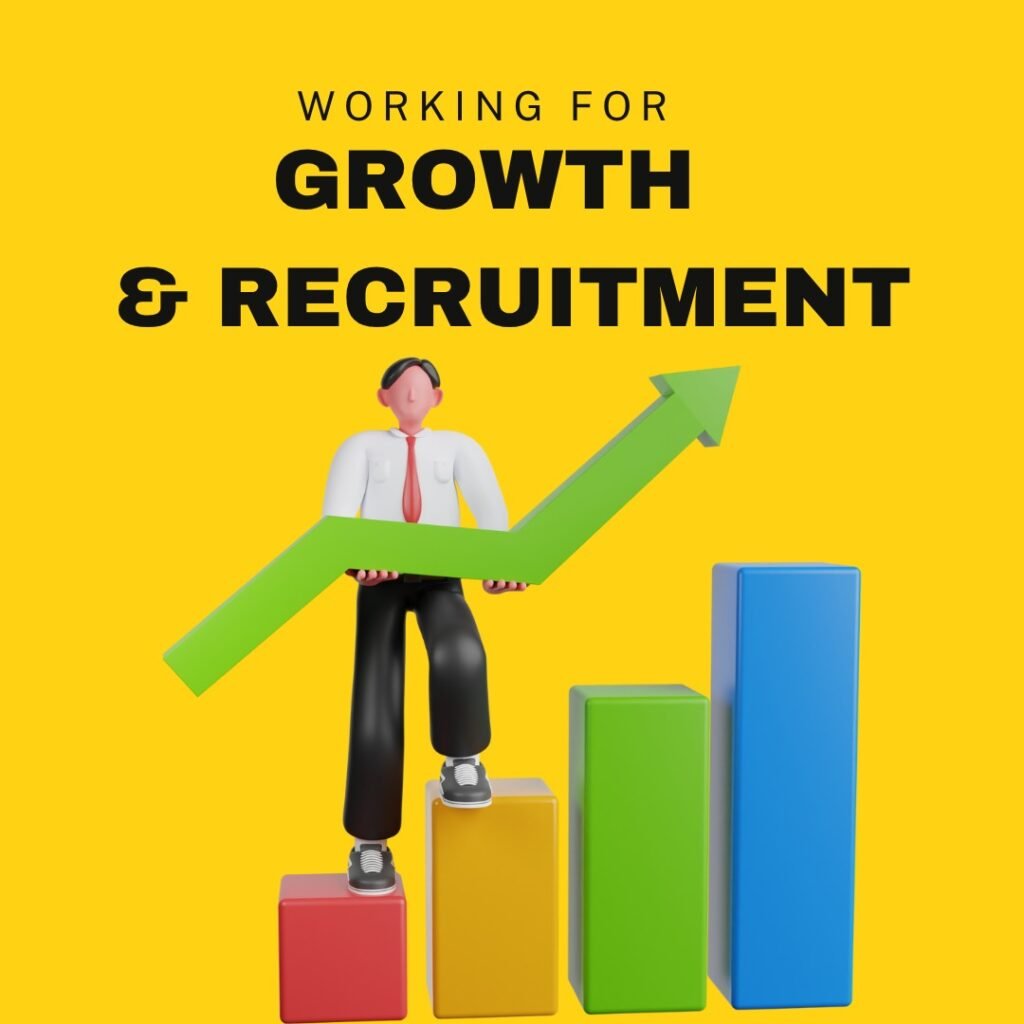
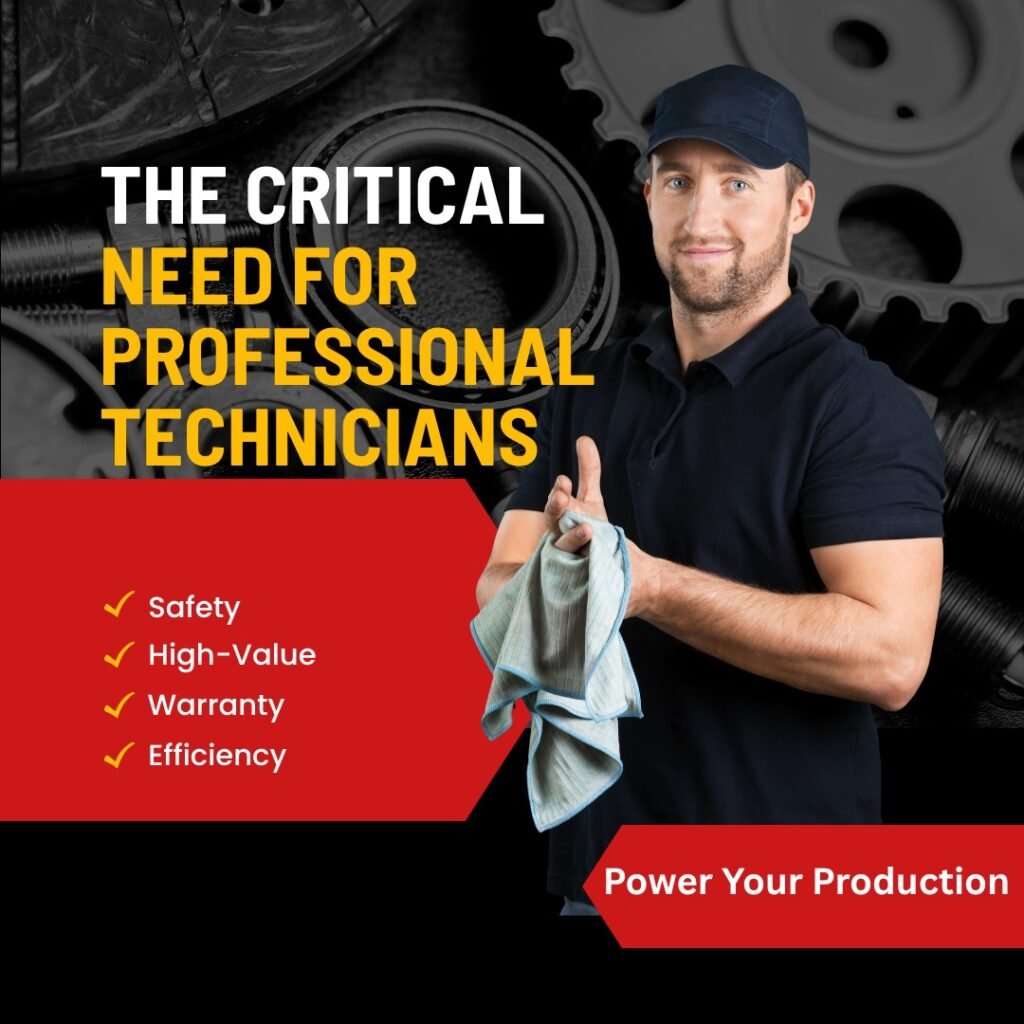
The Critical Need for Professional Technicians
Don't Risk It: Why Professional Technicians are Non-Negotiable in Vehicle & Transportation
Safety is Paramount:
For Vehicles: A poorly repaired brake system can lead to catastrophic accidents. Professionals follow stringent safety protocols.
For Manufacturing: Technicians working on assembly lines or with heavy machinery must understand lockout-tagout (LOTO) and other safety standards to prevent workplace injuries.
Protecting High-Value Assets:
An electric bus fleet, a CNC machine for car parts, or a logistics company's truck fleet represents millions in assets. Amateur repairs can cause irreversible, costly damage.
Maximizing Uptime and Efficiency:
In logistics, a broken-down truck costs money every minute. In manufacturing, a stopped production line costs thousands per hour. Professionals diagnose and fix issues faster and correctly the first time.
Navigating Complexity and Technology:
Modern vehicles and auto manufacturing are driven by software, robotics, and complex electronics (especially EVs). Only trained technicians have the diagnostic tools and knowledge to handle these systems.
Warranty and Compliance:
Many systems require OEM-certified technicians to maintain warranties. Professionals ensure work complies with DOT, OSHA, and other regulations.
Finding the Right Talent on Your Platform:
Your Search Guide: How to Find the Perfect Technician on Our Platform
Define Your Project Clearly: Be specific. "Repair a Fanuc robotic arm on an automotive assembly line" is better than "Fix a robot."
Use Targeted Keywords: Search for:
Specializations: EV Battery Technician, Hydraulic Specialist, Automotive Robotics, Diesel Engine Expert, PLC Programmer.
Specific Systems/Tools: Siemens PLC, CATIA, ABB Robotics, CNC Maintenance.
Certifications: ASE Certification, OEM Certified (e.g., Tesla, Ford, Toyota).
Leverage Platform Filters:
Industry: Select from Car Manufacturer, Auto Spare Parts, Logistics, Auto Maintenance, Electric Vehicles.
Skill Tags: Filter by Diagnostics, Welding, Programming, Installation.
Location: For on-site work, or mark the project as Remote if possible.
Verification Status: Prioritiate freelancers with Verified ID or Skill Test badges.
Review Profiles in Detail: Look for portfolios, case studies, and client reviews that are relevant to your industry.

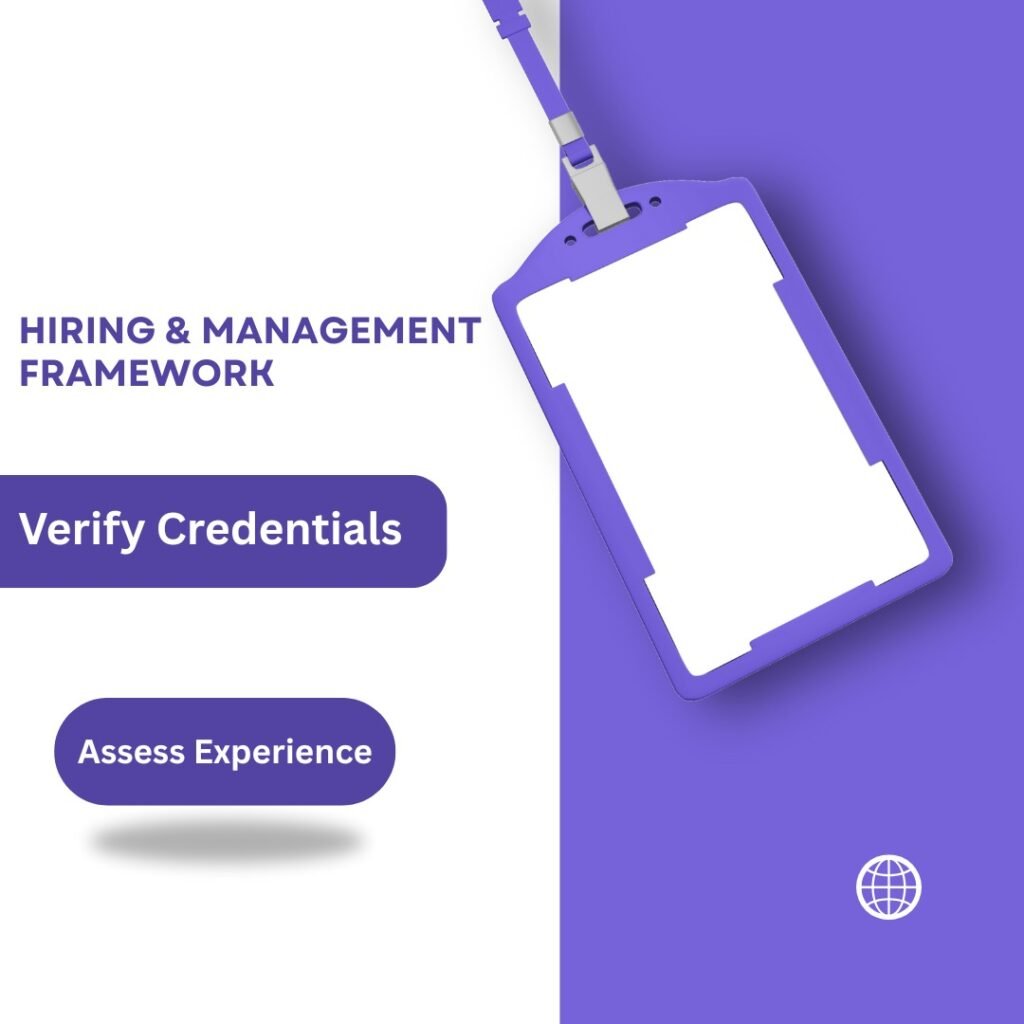
The Hiring & Management Framework:
Vetting and Hiring the Best Technician for Your Field
Summary: A checklist for making an informed hiring decision.
Step 1: The Technical Interview
Ask scenario-based questions: "Walk me through diagnosing a fault in a high-voltage battery system."
Present a real-world problem your facility has faced and ask for their approach.
Step 2: Verify Credentials
Essential Certs: ASE (for automotive), EV-specific certifications, OEM factory training.
Formal Education: Degrees or diplomas in Automotive Technology, Mechatronics, Electrical Engineering.
Step 3: Assess Experience
Look for proven experience with your specific machinery, vehicle types, or software.
Ask for references from past clients in a similar industry.
Step 4: Evaluate Soft Skills
Problem-solving, communication, reliability
Required Qualifications & Experience by Sub-Sector
Field | Key Qualifications & Experience |
Car Manufacturer | Robotics programming, PLC troubleshooting, conveyor systems, OEM certifications. |
Auto Spare Parts | CNC machine operation/maintenance, precision measurement (metrology), quality control. |
Transport & Logistics | Diesel engine repair, refrigeration unit (reefer) maintenance, DOT compliance knowledge. |
Auto Maintenance | ASE Master Technician certification, brand-specific expertise, advanced diagnostics. |
Electric Cars & Batteries | High-voltage system certification (e.g., Nissan NESSS, Tesla), battery pack repair, hybrid systems. |
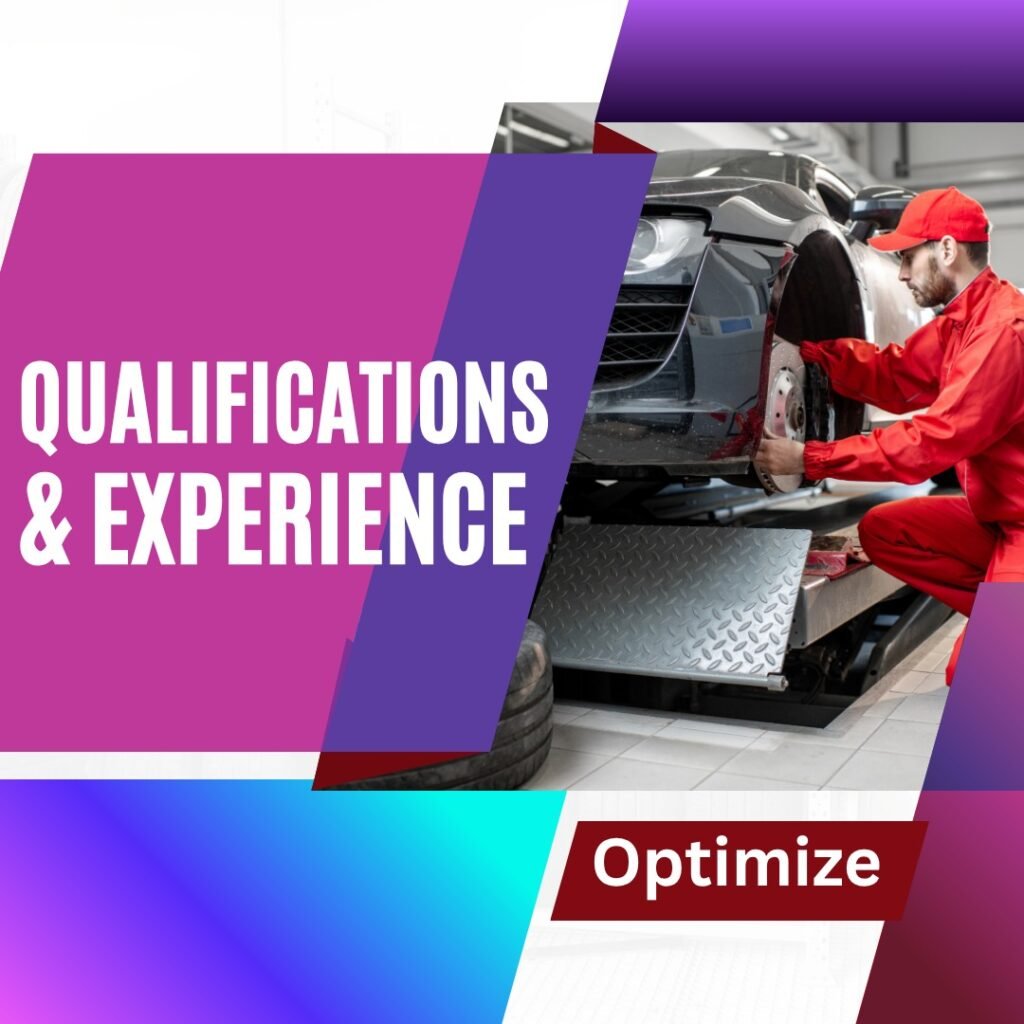
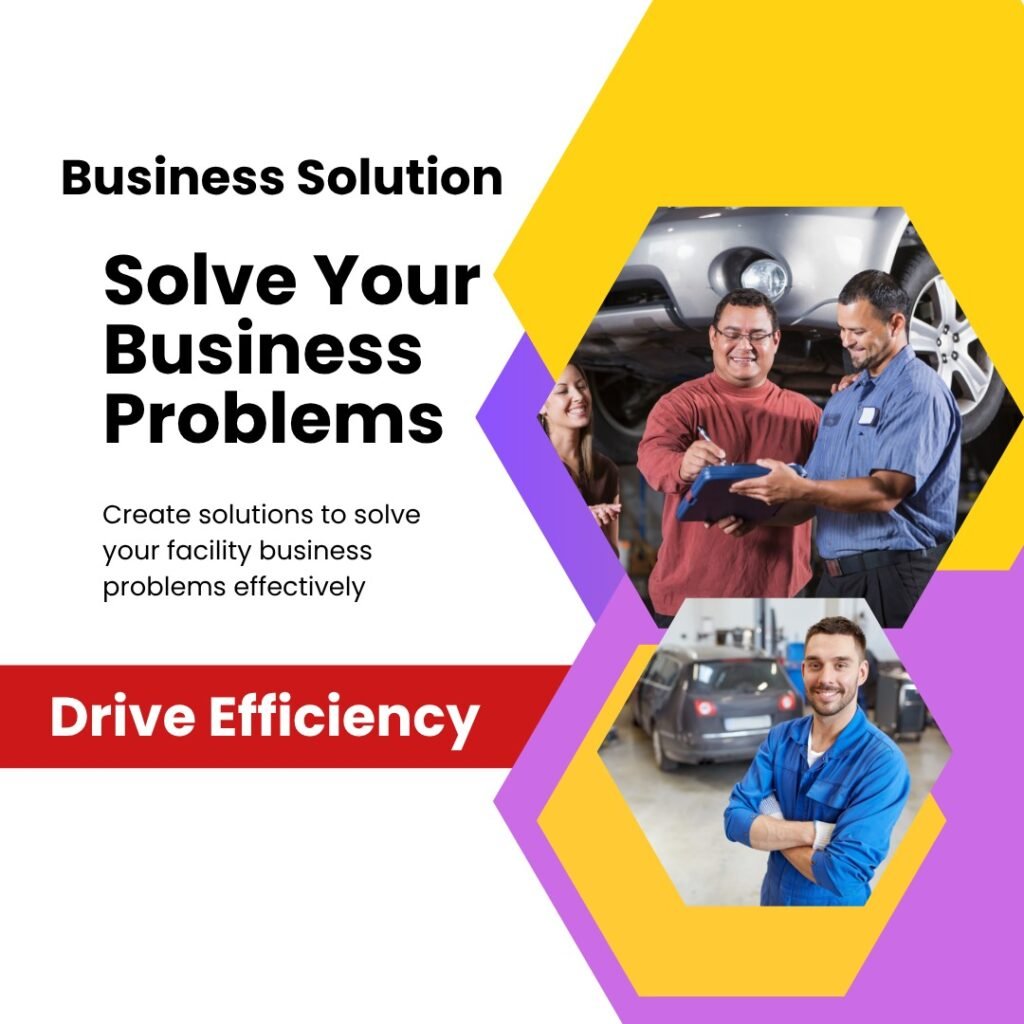
Managing the Relationship & Solving Problems:
Navigating Employment Problems: A Practical Guide
Problem 1: Underperformance or Missed Deadlines
Solution: Have a clear Scope of Work (SOW) and milestones in the contract. Address issues immediately and formally. Use the platform's messaging system to keep a written record.
Problem 2: Disagreements on Scope or Cost
Solution: The contract should include a Change Order process for any work outside the original SOW. All changes must be agreed upon in writing before the work is done.
Problem 3: Quality of Work Dispute
Solution: The contract should specify a Warranty Period for workmanship (e.g., 30-90 days). Use the platform's review system to provide constructive feedback.
Problem 4: Safety or Compliance Concerns
Solution: This is a zero-tolerance issue. Document the concern and terminate the contract if necessary, following the termination clause.
How Our Platform Helps: Our integrated messaging, milestone payment system, and project workspace provide a neutral ground for communication and documentation, helping to prevent and resolve disputes fairly.
FAQ's
What is included in car bodywork services?
Bodywork services focus on repairing the exterior of a vehicle. This includes fixing dents and scratches, repairing collision damage, replacing panels, and restoring the vehicle’s structural frame. The goal is to return the car to its original shape and contour before painting.
How do I choose a good bodywork specialist?
What is the difference between a general auto mechanic and a specialist?
A general mechanic handles a wide range of common repairs and maintenance (brakes, suspension, engines). A specialist has deep expertise in a specific area, such as transmissions, hybrid/electric systems, or a particular brand (e.g., BMW, Toyota). For complex issues, a specialist is often recommended.
What does a professional car painting service involve?
A professional paint job is a multi-step process that includes surface preparation (sanding, masking), priming, applying base coat color, and finishing with a clear coat for protection and gloss. Professionals use spray booths to ensure a dust-free environment and perfect color matching.
How long does a professional car paint job take?
The timeline depends on the extent of the work. A spot repair or panel respray might take a day or two, while a full color-change respray can take a week or more to allow for proper preparation, application, and curing between coats.
